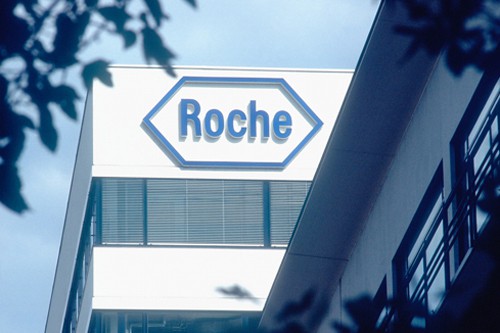
Roche has announced positive phase 3 results for its ten-minute subcutaneous (SC) Ocrevus (ocrelizumab) injection in patients with progressive and relapsing forms of multiple sclerosis (MS).
Results from the OCARINA II study were recently presented at the 76th American Academy of Neurology Annual Meeting.
Affecting more than 2.8 million people worldwide, MS is a chronic neurological disease that causes the immune system to attack the myelin sheath, disrupting communication between the brain and nerves in the rest of the body.
The most common form of the disease, relapsing-remitting MS (RRMS), is responsible for 85% of all MS cases and is characterised by episodes of new or worsening signs or symptoms, followed by periods of recovery.
Results from the trial demonstrated that the SC Ocrevus injection resulted in a 97% suppression of clinical relapses and over 97% in MRI lesions up to 48 weeks in people with relapsing or primary progressive MS and led to rapid and sustained B-cell depletion in the blood.
Additionally, most patients were found to have no T1 gadolinium-enhancing (T1 Gd+) lesions and no new enlarging T2 lesions – markers of active inflammation and burden of disease, respectively – after 48 weeks, with a consistent safety profile of Ocrevus intravenous (IV) infusion with no new safety signals identified.
Already approved in more than 100 countries as an IV infusion, including the UK and the EU, Ocrevus is a humanised monoclonal antibody designed to target CD20-positive B cells, a type of immune cell that contributes to myelin and nerve cell damage and binds to CD20 cell surface proteins while preserving important functions of the immune system.
Additionally, both the European Medicines Agency (EMA) and the US Food and Drug Administration (FDA) have accepted Roche’s submissions for Ocrevus SC injection based on results from the OCARINA II study, with a target decision date of mid-2024 for the EMA and September 2024 for the FDA.
Levi Garraway, chief medical officer and global product development head, Roche, commented: “We look forward to continuing ongoing conversations with regulatory bodies worldwide to potentially bring an additional treatment option to more people living with MS in a shorter injection time.”




